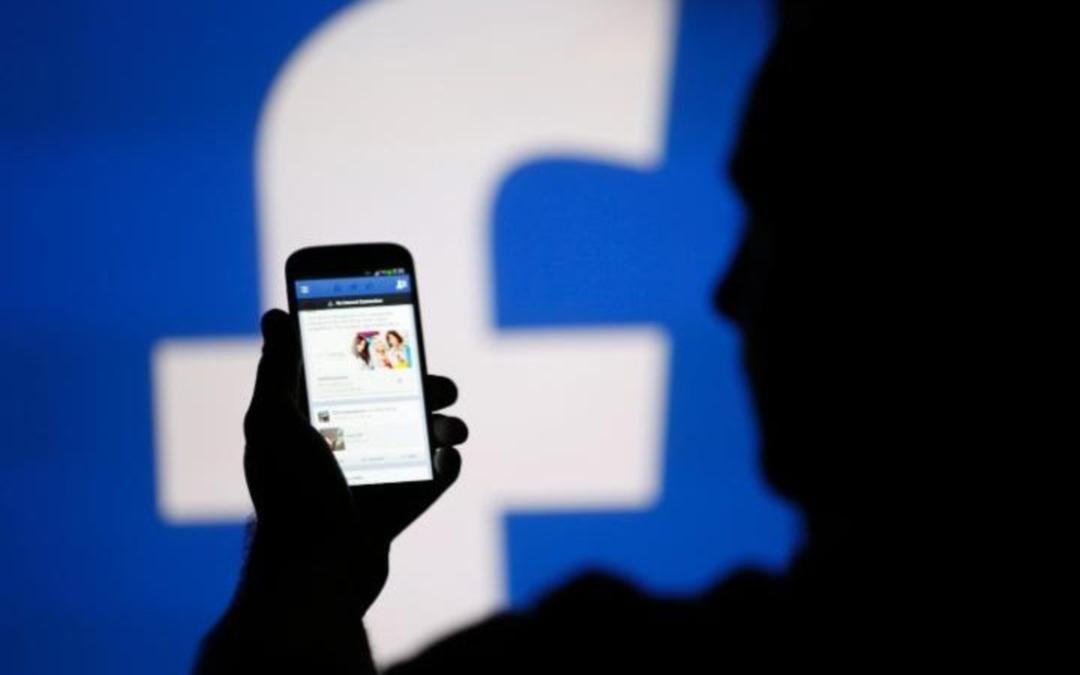“Facebook decides which killings we’re allowed to see”
Minutes after a police officer shot Philando Castile in Minnesota, United States, a live video was published on Facebook of the aftermath. Castile was captured in some harrowing detail and streamed to Facebook by his girlfriend Diamond Reynolds, using the live video tool on her smartphone. She narrates the footage with a contrasting mix of eerie calm and anguish. But the video was removed from Facebook due to, as company says, a “technical glitch.” The video has since been restored, but with a “Warning — Graphic Video,” disclaimer.
Now an article has come out commenting on how Facebook has become the “de-facto platform” for such “controversial” videos, and that there’s a pattern in these so called glitches–as they happen very often time after “questionable content” is streamed.
It has long been obvious to anyone paying attention that Facebook operates various nefarious controls over all aspects of how information is displayed and disseminated on their network, not just with advertising and the filter bubble:
“As Facebook continues to build out its Live video platform, the world’s most popular social network has become the de-facto choice for important, breaking, and controversial videos. Several times, Facebook has blocked political or newsworthy content only to later say that the removal was a “technical glitch” or an “error.” Nearly two-thirds of Americans get their news from social media, and two thirds of Facebook users say they use the site to get news. If Facebook is going to become the middleman that delivers the world’s most popular news events to the masses, technical glitches and erroneous content removals could be devastating to information dissemination efforts. More importantly, Facebook has become the self-appointed gatekeeper for what is acceptable content to show the public, which is an incredibly important and powerful position to be in. By censoring anything, Facebook has created the expectation that there are rules for using its platform (most would agree that some rules are necessary). But because the public relies on the website so much, Facebook’s rules and judgments have an outsized impact on public debate.”

